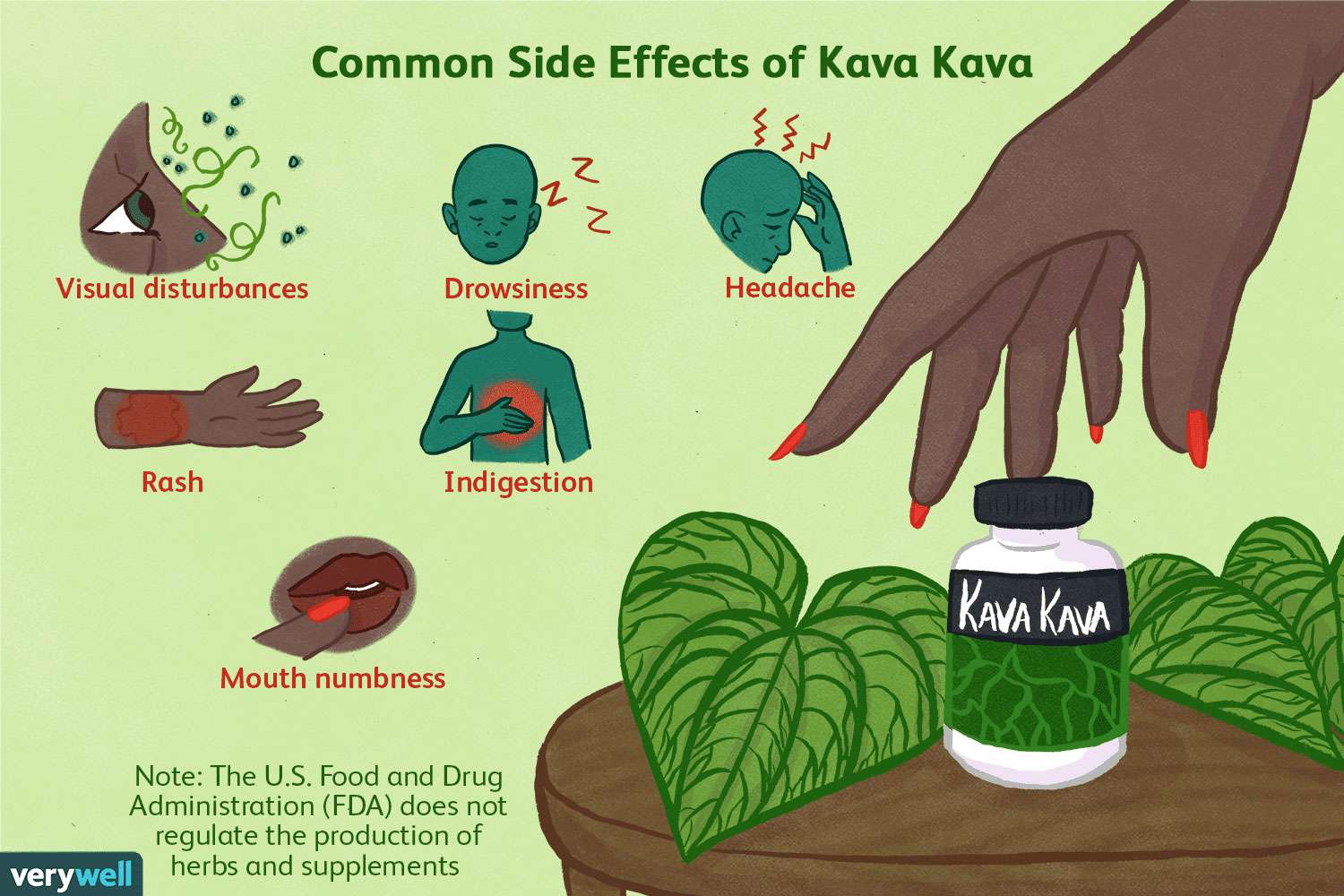Kava, an herbal supplement cherished for its calming effects, has a long history of use in Oceania. Yet, its association with liver toxicity has sparked a contentious debate, vividly illustrated in a recent TikTok video and its comment section.
The dialogue surrounding kava’s safety is nuanced and reflects broader narratives about natural products. While some champion kava’s benefits, citing studies like the one from WHO that challenges the liver damage myth, medical warnings persist regarding potential risks.
Kava, derived from the Piper methysticum plant, has been consumed for centuries, traditionally in water extract form. However, reports of liver failure, particularly in Europe since the 1990s, have led to bans and cautionary advisories. The controversy stems from conflicting evidence: while some studies find no association between traditional kava use and liver disease, individual cases of liver failure linked to kava products are well-documented.
Two key factors muddy the waters further. Firstly, the difference in kava preparation: traditional water extracts may be safer due to lower doses and potential protective compounds, compared to alcohol-based extracts prevalent in Western markets. Secondly, data quality is compromised by various confounding factors, such as dosages, product variety, and potential contaminants.
While traditional kava preparations may be relatively safe, the same cannot be said for Western market kava products, particularly in pill or tablet form. The complexity of kava’s risks underscores broader issues with herbal supplements: poor regulation, inconsistent dosages, and contamination.
Arguments defending kava often overlook the inherent risks of herbal products. Whether liver damage stems from the product itself, contaminants, or interactions, the outcome remains dire. Moreover, the safety of traditional use doesn’t guarantee the safety of modern preparations, where concentrations and extraction methods differ.
Ultimately, caution is warranted with kava products outside of traditional use. Herbal supplements, including kava, pose real risks and highlight the need for better regulation and understanding. Kava serves as a stark reminder that herbal products shouldn’t be assumed safe by default.















































